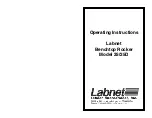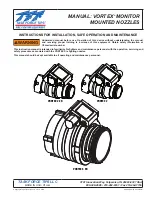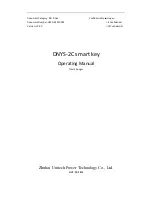
Immediately clean up any liquids
spilled and keep the engine com-
partment clean and accessible so
as to minimise the risk of fire. Be
careful as fuel can burn. Damaged
pipes can lead to fire.
Explosion
Explosions caused by fuel vapour
can cause serious injury! Carefully
follow the safety rules when filling
the fuel.
Open and ventilate the storage
area of the engine after filling.
Check that there are no fuel va-
pours or leaks before starting the
fan (if fitted). Switch the fan on for 5
minutes before starting the engine.
All fuel vapours are flammable
and explosive. Be careful when
handling and storing fuel. Store
the fuel in a ventilated area away
from sources of ignition (sparks
or flames) and out of the reach of
children.
Stop the engine before filling with
fuel or lubricant. Do not smoke near
the engine and keep it away from
sources of ignition (flames) when
filling with fuel and/or lubricant.
Wear gloves when investigating
possible leaks.
Do not alter or damage the fuel cir-
cuit. Close the fuel circuit whenever
you work on it. Ensure you always
have an appropriate working fire
extinguisher to hand.
Hazardous Voltage/
Electrical Shock
Electrocution is possible whenever
electricity is present. Hazardous
voltage can cause severe injury
or death. Operate the engine only
when all guards and electrical en-
closures are in place.
Open the main circuit breakers
of all power sources before servi-
cing the equipment. Configure the
installation to electrically ground the
engine, transfer switch, and related
equipment and electrical circuits to
comply with applicable codes and
standards.
Never contact electrical leads or
appliances when standing in water
or on wet ground because these
conditions increase the risk of
electrocution. The voltage at these
terminals can cause death.
Short circuits can cause bodily
injury and/or equipment damage
Remove all jewellery before servi-
cing the equipment.
Hazardous backfeed voltage can
cause severe injury or death.
Connect the engine to the buil-
ding/marina electrical system only
through an approved device. Work
on the electrical circuit should only
be carried out by qualified techni-
cians.
Operations on the shore power
equipment must only be carried out
by electricians authorized to work
with high voltage installations.
6










































